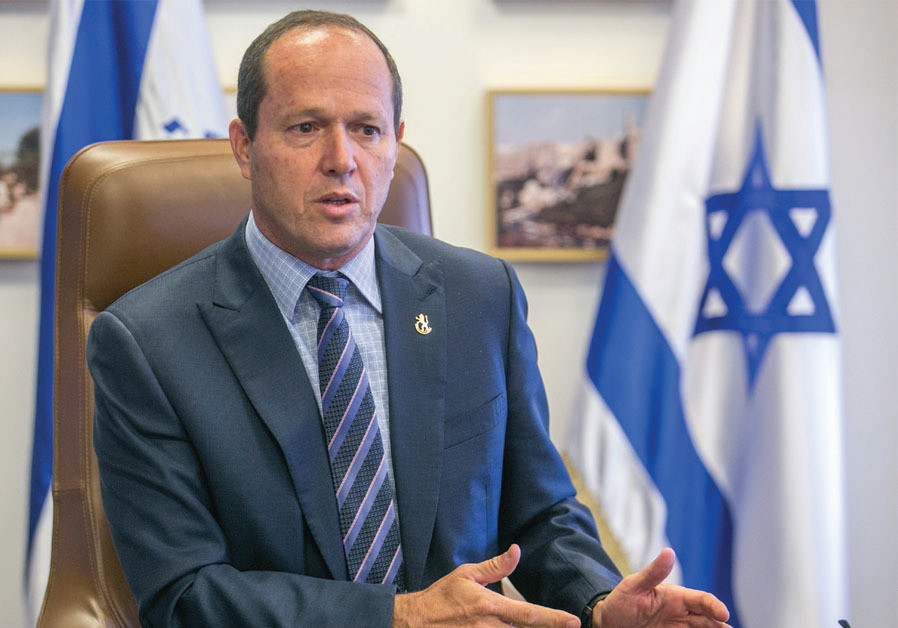 Jacek Kuroń słuchał młodych, więc młodzi słuchali jego. W czasie kiedy starsi koledzy mieli go za “wujcia wariatuńcia”
Jacek Kuroń słuchał młodych, więc młodzi słuchali jego. W czasie kiedy starsi koledzy mieli go za “wujcia wariatuńcia”
Agnieszka Wiśniewska
 Jacek Kuroń (Fot. Sławomir Kami?ski / AG)
Jacek Kuroń (Fot. Sławomir Kami?ski / AG)
Jacek Kuroń niczego młodym nie tłumaczył, nie klarował, jak jest, dlaczego nie może być inaczej i w czym błądzą. Nie został dziadersem.
Agnieszka Wiśniewska – polonistka, socjolożka, naczelna „Krytyki Politycznej”. Autorka biografii Henryki Krzywonos „Duża Solidarność, mała solidarność” oraz wywiadu rzeki z Małgorzatą Szumowską „Kino to szkoła przetrwania”
Ktoś mnie zapytał, co dziś Jacek Kuroń przekazałby młodym ludziom. No bo wiadomo, to taki znany pan dysydent, z takim bagażem doświadczeń, ktoś, kto tyle widział, tylu ludzi znał. Na pewno miałby jakieś cenne wskazówki dla milenialsów i powiedziałby im, jak żyć.
Szczerze to myślę, że Jacek Kuroń by z żadnymi radami nie wyskakiwał. Mam przeczucie, że inaczej niż koledzy z jego pokolenia narzekający na to, że młodzież się nie angażuje w obronę demokracji, że na marsze KOD-u nie chodziła, że woli piwo nad Wisłą pić niż z nami rządy Kaczyńskiego obalać, Kuroń by nie pouczał. A już na pewno nie młodych.
Jacek Kuroń nie został dziadersem
Paru młodych ludzi nosi koszulki z Kuroniem i cytatem „Nie palcie komitetów, zakładajcie własne” właśnie dlatego, że Kuroń nie został dziadersem. Dziadersami zostało wielu jego rówieśników i rówieśników jego wychowanków – to ci, co 20- i 30-latkom przypominają na każdym kroku, że wyście komuny nie zaznali, octu na półkach nie doświadczyliście, więc nie wiecie, co to są prawdziwe problemy.
Może dziś Kuroń słuchałby tego, co mówi Młodzieżowy Strajk Klimatyczny. Usłyszałby, że fajnie, że chcieliście zrobić w Polsce Zachód, ale ten Zachód tak bezmyślnie eksploatuje zasoby naturalne, że młodym zostanie mierzyć się z apokalipsą. Tak jak wcześniej się Kuroń nasłuchał, że transformację przeprowadzono, zapominając o części ludzi, tak teraz usłyszałby, że ten ciągły postęp doprowadzi do tragedii.
Wcześniej może posłuchałby studentów z Uniwersytetu Zaangażowanego. Z nimi na pewno chętnie porozmawiałby o demokracji na uczelniach, bo demokracja w edukacji to było coś, co go bardzo interesowało. W 2003 roku, po tym jak uczniowie wsadzili nauczycielowi kosz na śmieci na głowę i sfilmowali całą scenę, co wzbudziło powszechne oburzenie i falę narzekań na zdziczenie współczesnej młodzieży, Kuroń pisał o napięciu, które istnieje we współczesnej szkole. Ideałem była dla niego szkoła, w której jest demokracja. Ale dostrzegał, że „demokracja szkolna wchodzi w konflikt z tradycyjnymi metodami nauczania”, i dodawał: „nie zdemokratyzujemy szkoły, jeśli nie zdemokratyzujemy – nie upodmiotowimy – lekcji w szkole”.
Kuroń chętnie porozmawiałby z młodymi nauczycielami i nauczycielkami zaangażowanymi w strajk. On opowiedziałby im o swojej pracy z młodzieżą, oni o tym, jak dziś wygląda szkoła, o pogoni za testami. Trochę ponarzekaliby, ale na pewno mogliby się wiele od siebie dowiedzieć.
I poszedłby w Paradzie Równości, skoro w 2003 roku stawał po stronie akcji „Niech nas zobaczą”. Parady i Marsze Równości wciąż są dość młodzieżowe.
Jacek Kuroń by słuchał
Może się wydawać, że to banał, powiedzieć: „Kuroń by słuchał”, ale tak serio – to w pokoleniach opozycji demokratycznej spotykam tak niewiele osób, które słuchają. To nie jest przypadek, że w 2001 roku Kuroń napisał tekst wspólnie z 22-letnim Adrianem Zandbergiem. Wspierając swoim nazwiskiem młodego działacza, mógł wpuścić na łamy „Wyborczej” nieszczególnie popularne treści. Ten tekst nie powstałby, gdyby nie umiejętność słuchania zamiast pouczania.
Jeśli już Jacek Kuroń miałby kogoś pouczać, to raczej kolegów z dawnych lat – żeby przestali marudzić i skończyli z tym kombatanctwem.
W zachowaniu Kuronia zaimponowało mi to, że pod koniec życia słuchał młodych, młodszych przecież od niego o kilka dekad.
Że był tak otwarty na to, co mu mówią o globalizacji czy krwiożerczym kapitalizmie. Otwartość uratowała go przed dziaderstwem, choć koledzy z opozycji (specjalnie nie piszę koledzy i koleżanki, bo jednak nie oszukujmy się, byli to głównie koledzy) przestali go traktować poważnie.
Kuroń słuchał młodych alterglobalistów, a potem o tym, co m.in. od nich się dowiedział, opowiadał swoim raczej dojrzalszym odbiorcom. Przecież „Rzeczpospolita dla moich wnuków” to nie jest opowieść do młodych, raczej o młodych, o wyzwaniach, z którymi to młodym przyjdzie się mierzyć. Kiedy pisał, że „wielkie korporacje to współczesne imperia”, i przywoływał Walmart czy Microsoft, to chciał dotrzeć do publiczności, która korporacje raczej kochała.
Może dlatego, że Jacek Kuroń słuchał młodych, to młodzi słuchali jego. W czasie kiedy starsi koledzy mieli go za „wujcia wariatuńcia”.
Jacek Kuroń traktował młodych po partnersku
Historią opozycji jako opowieścią kombatancką jestem już bardzo znudzona. Może dlatego, kiedy zaczęłam lepiej poznawać teksty Kuronia, najciekawsze wydało mi się to, co sprowadzało się do podręcznika działania – opowieść o tym, jak organizował drużynę harcerską, jak działał w Walterowcach, jak zastanawiał się nad metodami działania w opozycji, w Komitecie Obrony Robotników, jak po 1989 roku pisał o organizacji systemu edukacji. Jacek Kuroń zawsze będzie dla mnie autorem książeczki „Uwaga zespół”, która literalnie jest przepisem na robienie zastępu czy drużyny harcerskiej, a w istocie – podręcznikiem organizowania ludzi.
Może więc z Jackiem Kuroniem młodzi rozmawialiby o partycypacji, ruchach społecznych, polskiej szkole. Bo nie jest tak, jak myślą koledzy Jacka Kuronia, że nas nic nie interesuje. Założyliśmy trochę „komitetów”. Robimy je po swojemu.
Z Kuroniem pewnie czekałyby nas długie rozmowy o patriarchacie i feminizmie, tutaj chyba mógłby się sporo nauczyć.
Jacek Kuroń, i trzeba tu jednym tchem wymienić Karola Modzelewskiego, dla wielu przedstawicieli młodej lewicy zostali do końca partnerami do rozmów i inspiracją do działania. Stało się tak, bo traktowali nas po partnersku. Tylko tyle i aż tyle.
Książka “Jacek” Anny Bikont i Heleny Łuczywo dostępna jest na publio.pl
Okładka książki ‘Jacek’ Anny Bikont i Heleny Łuczywo Fot. materiały prasowe
Zawartość publikowanych artykułów i materiałów nie reprezentuje poglądów ani opinii Reunion’68,
ani też webmastera Blogu Reunion’68, chyba ze jest to wyraźnie zaznaczone.
Twoje uwagi, linki, własne artykuły lub wiadomości prześlij na adres:
webmaster@reunion68.com





